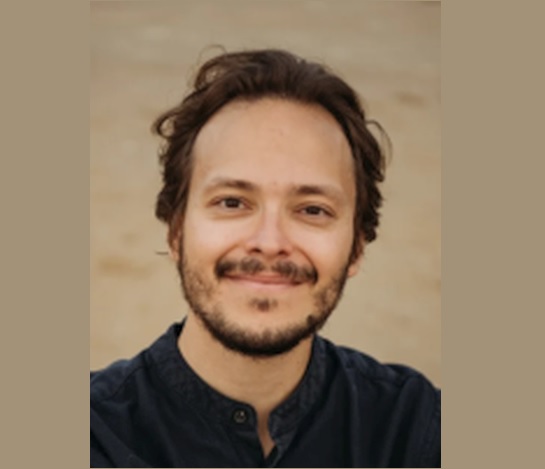
Dynamics of orbital angular momentum in confined geometries and the control of THz magnons in antiferromagnets
Place : IRIG/SPINTEC, auditorium 445 CEA Building 10.05 (presential access to the conference room at CEA in Grenoble requires an entry authorization).
Video conference: https://univ-grenoble-alpes-fr.zoom.us/j/98769867024
Meeting ID: 987 6986 7024 Passcode: 025918
Abstract: I will present recent results on the transport of orbital angular momentum and on the control of THz magnons in antiferromagnets. A key result in the first part is that the effective orbital angular momentum decay rate follows a Dykonov-Perel-scaling and is inversely proportional to the electron scattering rate, even if the latter is small. We show that non-Ohmic flows and spatially varying electric fields result in contributions to the OHE which are distinct from the well known intrinsic and extrinsic mechanisms, including non-local and vorticity induced accumulations of orbital angular momentum. In the second part, I demonstrate that difficult to access antiferromagnetic resonances in the THz range can be parametrically excited with signals at optical frequencies via a mechanism that is called Modulated Floquet Parametric Driving (MFPD). I discuss spin pumping and the formation of entangled, two-mode squeezed magnon pairs in anisotropic antiferromagnets under MFPD. Furthermore, I will show that MFPD induces transitions to symmetry breaking steady-states in which dynamical spin patterns are formed by resonant magnon pairs.
Biography: Egor Kiselev obtained a PhD in condensed matter theory from the KIT, Karlsruhe, Germany and was a postdoctoral fellow at the Technion – Israel Institute of Technology. He is currently a Marie Sklodowska-Curie fellow at the Max Planck Institute for the Physics of Complex Systems in Dresden, Germany
